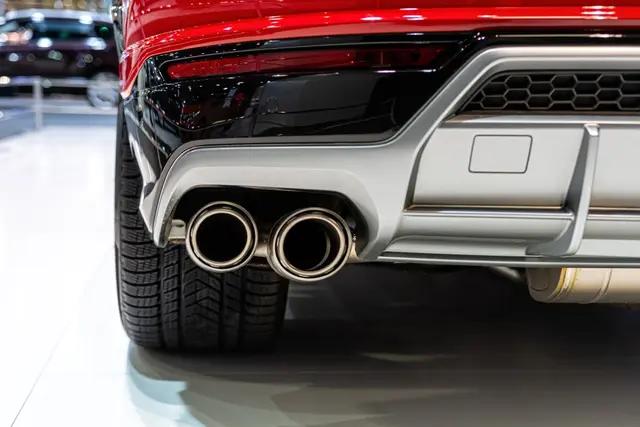Why You Should Warm Up Your Car Engine Before Driving

Imagine hopping into your car on a cold morning, turning the key, and speeding off—sounds convenient, right? But is it really the best for your engine?
The Science Behind Warming Up Your Engine
When you start your car, the engine is cold, and the oil inside is thick and sluggish. This means that it can't lubricate the engine components as effectively as it would at operating temperature. Warming up the engine allows the oil to heat up and flow more freely, reducing friction and wear on the engine parts.
Additionally, a cold engine burns fuel less efficiently. The fuel doesn't vaporize completely, leading to incomplete combustion. By letting the engine warm up, you ensure that the fuel is burned more completely and efficiently.
Protecting Vital Engine Components
Your engine is composed of many intricate components, such as pistons, cylinders, and valves, all of which need proper lubrication to function correctly. When you start a cold engine and drive off immediately, these components are not adequately lubricated, leading to increased wear and tear.
Warming up the engine ensures that the oil reaches all these critical areas, providing a protective layer that reduces friction and prolongs the life of the engine components.
Improving Fuel Efficiency
A warm engine operates more efficiently than a cold one. When the engine is at its optimal temperature, fuel combustion is more complete, which means you get more mileage out of each gallon of gas. In contrast, a cold engine burns more fuel because it needs to work harder to reach the desired temperature.
By allowing your engine to warm up before driving, you can improve your vehicle's fuel efficiency, saving you money on gas in the long run.
Enhancing Overall Driving Performance
Driving with a cold engine can affect your car's performance. For instance, it may take longer for the transmission to shift smoothly, and you might experience reduced power and sluggish acceleration.
Warming up the engine ensures that all systems are operating at their best, providing you with a smoother, more responsive driving experience.
Environmental Considerations
While idling your car for extended periods is not environmentally friendly, a short warm-up period can actually help reduce emissions in the long run. A cold engine produces more pollutants because the fuel doesn't burn as cleanly.
By warming up your engine, you allow it to reach an optimal operating temperature, which reduces the amount of harmful emissions released into the atmosphere.

 Loading..
Loading..